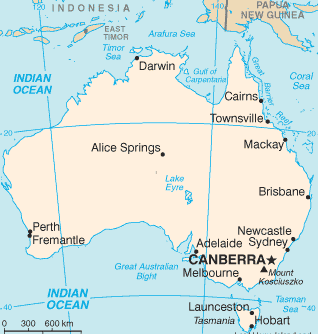By NewsDesk @bactiman63
The Victoria Department of Health has reported the first identified case of Japanese encephalitis (JE) virus infection of this mosquito season in a Campaspe LGA resident.

Recent weather conditions have been favorable for mosquito breeding and biting and mosquito numbers are high across many parts of Victoria. There is ongoing concern over JE virus transmission in inland riverine regions and extending up towards the Murray River.
The types of mosquitoes that are known to spread disease are increasing in number. The risk of JE virus infection is expected to increase as summer temperatures rise and lingering flood waters become more stagnant.
JE virus has not been identified in mosquitoes or animals in Victoria this mosquito season. Ongoing mosquito testing is being carried out to help identify high risk areas.
New South Wales and South Australia have also recently reported their first case of JE virus infection.
Most JE virus infections are asymptomatic. A small proportion may present with a febrile illness, however less than one per cent may experience severe infection manifested by headache, vomiting, disorientation, seizures, coma, and more rarely, permanent neurological complications or death.
Taking measures to avoid mosquito bites is critical to protect against infections.
A Japanese encephalitis vaccine is available. Supply of JE vaccine continues to be severely constrained in Australia. Nevertheless, people listed in the specific priority groups are advised to contact their general practitioner, local public health unit, local council or community pharmacy to confirm eligibility and arrange a vaccination appointment. Additional vaccines are expected to arrive in the first part of 2023.
- Singapore reports 14% drop in HIV cases in 2022
- Chinese shingles vaccine receives clinical trial approval from Philippines FDA
- Vietnam COVID-19: Jan. 1, 2023 sees the lowest number of new cases in nearly 2 years
- Bangladesh reports record dengue deaths in 2022
- Leptospirosis in Puerto Rico: More than 700 total cases since Hurricane Fiona
- Rabies in Mexico: Human cases reported in Oaxaca and Nayarit
- CDC warns of Salmonella infections linked to raw alfalfa sprouts

